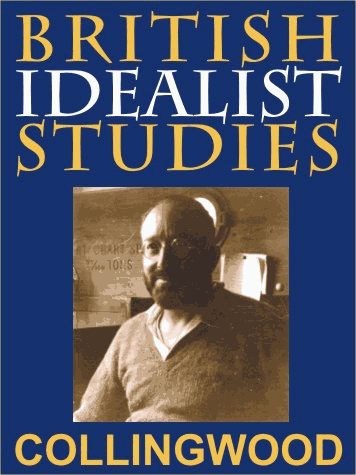


This is the first book-length study of the relationship between Benedetto Croce (1866-1952), Giovanni Gentile (1875-1944), Guido de Ruggiero (1888-1948) and Robin George Collingwood (1889-1943).

This book provides an exposition and critical examination of Collingwood's philosophy of history, in which Collingwood's views are read in the light of his metaphilosophy.

This book argues that Collingwood's philosophy is best understood as a diagnosis of and response to a crisis of Western civilisation. He is demonstrated to be working in the traditions of Romanticism and 'historicism'.

This study shows how R.G. Collingwood's concepts of action and history developed together.

In this book Marnie Hughes-Warrington begins with the facet of Collingwood's work best known to teachers — re-enactment — and locates it in historically-informed discussions on empathy, imagination and history education.

This book argues that Collingwood developed a complete political philosophy of civilization. It also demonstrates that his philosophical work comprises a unity in which there is no fundamental discontinuity between his earlier and later writings.